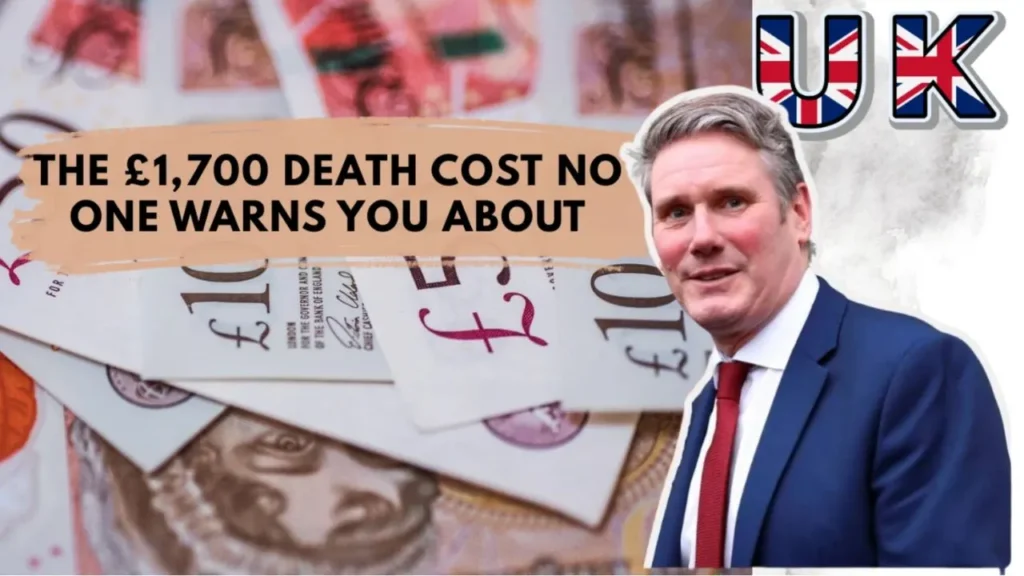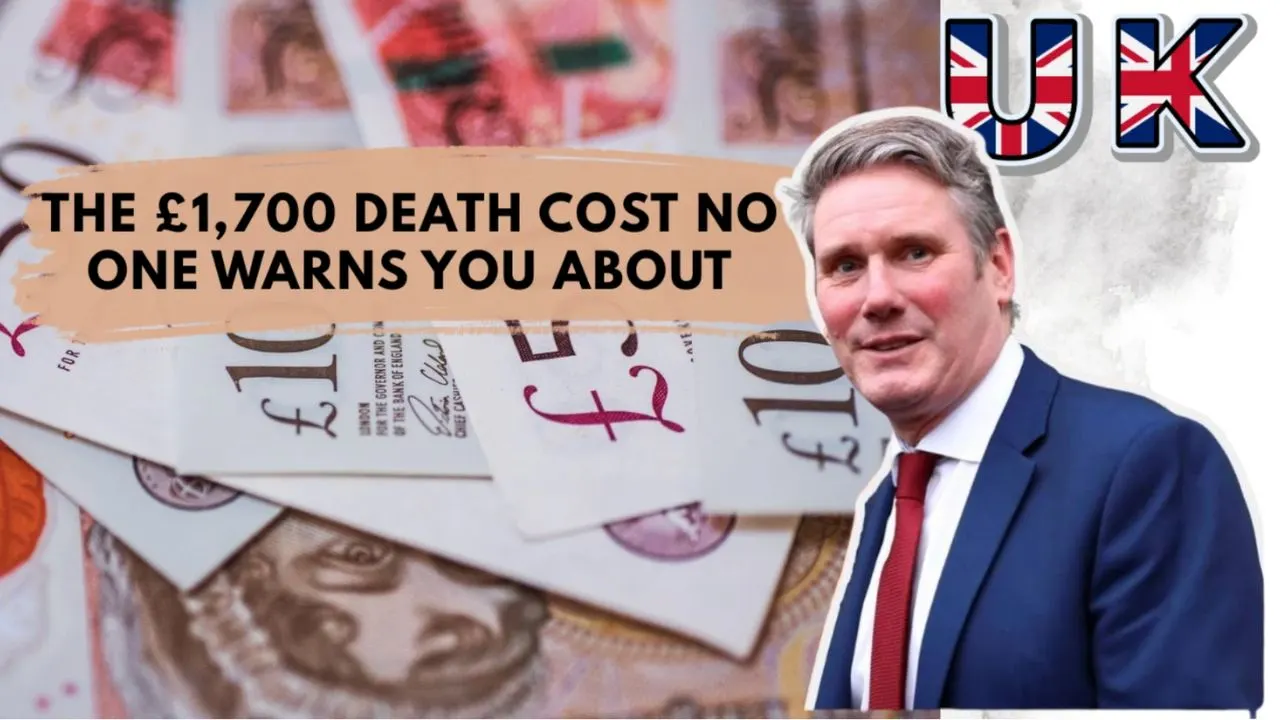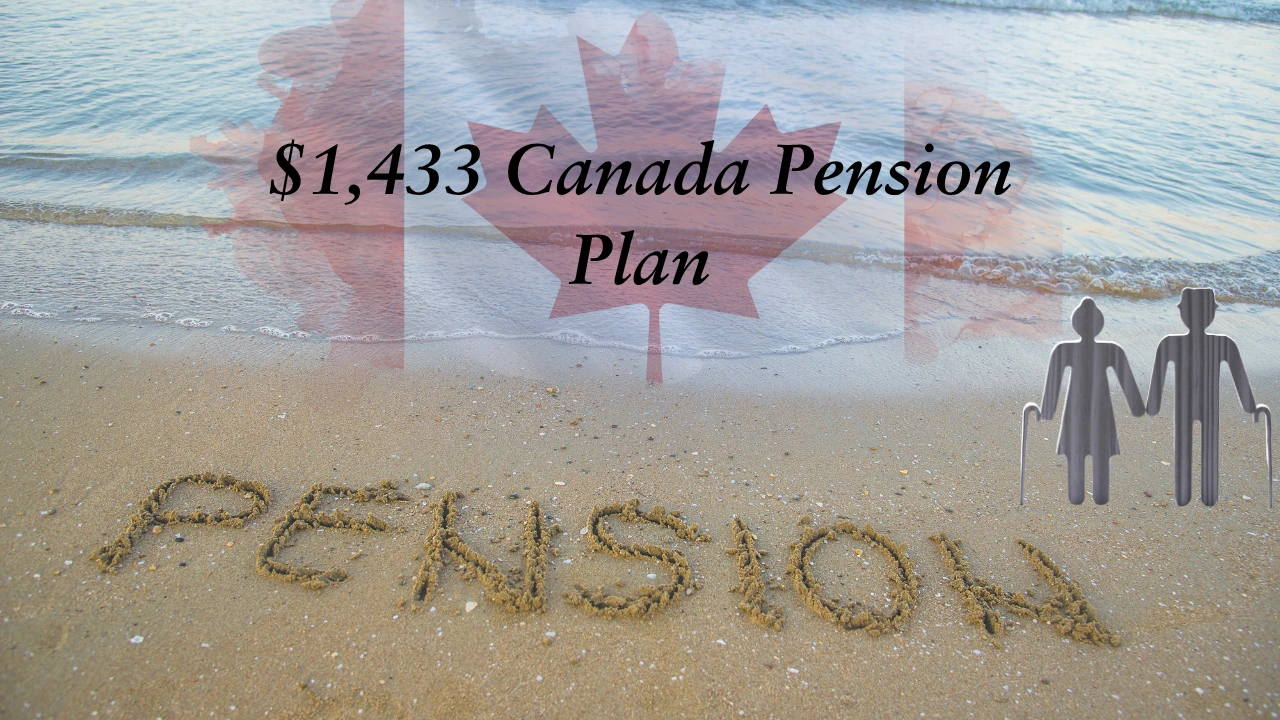£1,700 Death Cost No One Warns You About .For most families, losing a loved one is already one of life’s hardest moments. But what few people realise is that death now comes with an unexpected financial sting — one that can leave grieving households facing hundreds, even thousands, of pounds in surprise bills.
UK families are being hit by a hidden “£1,700 death cost” — additional expenses that go far beyond the price of a basic funeral. From legal paperwork and estate fees to catering, travel, and property clearances, these overlooked charges are quietly pushing the true cost of dying to record highs — nearly £9,800 on average in 2025.
The result? More families are borrowing money, turning to crowdfunding, or dipping into emergency savings to give loved ones a dignified farewell. Experts warn that without advance planning or clear financial protection, these hidden costs could soon become the next major household crisis in the UK.
In this detailed guide, we break down what the £1,700 death cost really means, why it’s rising so sharply, how it affects ordinary households, and — most importantly — what steps you can take today to protect your family’s finances and peace of mind.
Overview of £1,700 Death Cost No One Warns You About
| Aspect | What It Means / Figures |
| “Hidden” death cost | ~ £1,700 extra out-of-pocket burden beyond the core funeral |
| Basic funeral average (2023 / 2024) | ~ £4,141 (2023) / ~ £4,285 (2024) |
| Total “cost of dying” (funeral + extras) | ~ £9,600 – £9,800 |
| Increase over two decades | Funeral costs up ~134% (versus inflation ~75%) |
| Rise in direct cremations (no-frills option) | From ~3% in 2019 → ~20% in 2024 |
| Government support (Funeral Expenses Payment) | Available, but limited and conditional |
What Does “£1,700 Death Cost” Refer To?
When people die, families often expect to pay for a funeral — burial or cremation, coffin, venue, etc. But in practice, there are additional costs not always anticipated or budgeted for — legal, administrative, catering, travel, house clearances, and more.

The phrase “£1,700 death cost” refers to the average unplanned extra expense that many UK families face on top of the core funeral cost. These hidden costs are often the items people forget or underestimate — and when someone is grieving, dealing with them can be emotionally and financially overwhelming.
Why Is This “Hidden Bill” Growing Sharply?
a) Inflation & Rising Costs
Funeral suppliers, coffin manufacturers, venues, and transportation services have all faced rising costs for materials, energy, and wages — and these are passed directly onto consumers.
b) Expansion of Services & Extras
Modern funerals often include additional features such as memorials, flowers, catering, printed programs, or audio-visual tributes. These extras quickly increase the total bill.
c) Legal & Administrative Complexity
Settling estates, dealing with wills and probate, and clearing property all involve legal or professional fees that many families fail to budget for in advance.
d) Travel & Logistics
Relatives travelling in, accommodation, transport of the deceased, and wake arrangements can significantly add to overall expenses.
e) Regional Variation & Land Costs
Funeral and burial costs vary widely by location. London and southern England are among the most expensive areas due to land scarcity and service demand.
f) Shift Toward Direct Cremations
To save money, many are turning to direct cremations — simple services without a ceremony. However, even these “no-frills” options can carry administrative and logistical add-ons.
The Bigger Picture: The “Cost of Dying” Crisis
- The average cost of a basic funeral in the UK has risen to £4,285 in 2025, up by 3.5% in a year.
- Adding in professional fees, catering, and transportation pushes the total cost of dying to around £9,800, the highest on record.
- Many bereaved families are forced to borrow money, sell belongings, or use credit to cover funeral costs.
- Roughly 1 in 5 families experience severe financial strain when arranging a funeral.
- The UK government has introduced new measures for greater transparency and fairness in the funeral sector.
How the £1,700 Surprise Hits Harder in 2025
- The ongoing cost-of-living crisis means many households already have little financial flexibility.
- An unexpected £1,700 bill can push families into debt or overdrafts.
- Emotional distress makes it difficult to compare prices or make cost-effective decisions.
- The absence of a will or clear funeral instructions can increase legal fees and prolong estate settlement.
Real-Life Illustrations
| Scenario / Person | What Happened / Cost Overrun |
| Sarah (Manchester) | Expected a £4,000 funeral, but the total reached £6,000 including legal and catering extras — a £1,700 surprise paid on credit. |
| James (Birmingham) | Opted for a direct cremation under £1,200, but additional administrative charges still applied, pushing total costs higher. |
| Helen (London) | Total funeral costs exceeded £5,500; she turned to crowdfunding to cover the shortfall. |
These cases show that even “basic” funerals often end up costing far more than families initially plan for.
What Can Households Do to Mitigate This Risk?
A. Start Conversations Early
Discuss funeral wishes, responsibilities, and cost expectations within your family to avoid confusion later.
B. Prepaid Funeral Plans or Funeral Insurance
Lock in today’s prices or set aside funds through reputable providers. Always review the terms carefully.
C. Life Insurance or Final Expense Policies
Even small life insurance policies can help absorb unexpected costs and protect family finances.
D. Write Down Your Wishes
A clear funeral directive or written will helps reduce confusion and emotional spending.
E. Compare Funeral Providers
Request itemised quotes from several local funeral directors to identify hidden fees.
F. Use Government or Welfare Support
Eligible families can apply for Funeral Expenses Payment (England & Wales) or Funeral Support Payment (Scotland), though these typically cover only part of total costs.
G. Plan for Legal & Estate Costs Early
Having a valid will, designated executors, and organised documents can save hundreds in probate and legal fees.
H. Keep Important Documents Accessible
Store funeral wishes, insurance details, and key financial documents securely but accessibly to simplify the process for loved ones.
FAQs — The £1,700 Death Cost No One Warns You About
Q1. Is there really a standard hidden cost of £1,700?
Not exactly. £1,700 is an average estimate of the unplanned expenses many families face beyond funeral costs. Actual figures vary.
Q2. Why don’t funeral providers warn families about this gap?
Most extra costs — like legal, travel, or estate-related fees — are external and not controlled by funeral providers.
Q3. Can someone avoid paying that extra cost?
You can reduce it through planning, comparison, and prepaid arrangements, but completely avoiding all additional costs is rare.
Q4. What qualifies for the UK’s Funeral Expenses Payment?
Eligibility depends on income-based benefits and responsibility for funeral costs. The payment usually covers only essential expenses.
Q5. Does this issue affect all regions equally?
No. Urban areas, especially London and the South, tend to have much higher costs than rural regions.
Q6. How has the trend changed in recent years?
Funeral costs have risen by over 130% in the past two decades, outpacing inflation. Direct cremations have grown rapidly as a lower-cost option.
Q7. Should I get a prepaid funeral plan or life insurance?
Both have benefits. A prepaid plan locks in prices; life insurance offers flexibility. Choose based on your financial goals and family needs.





